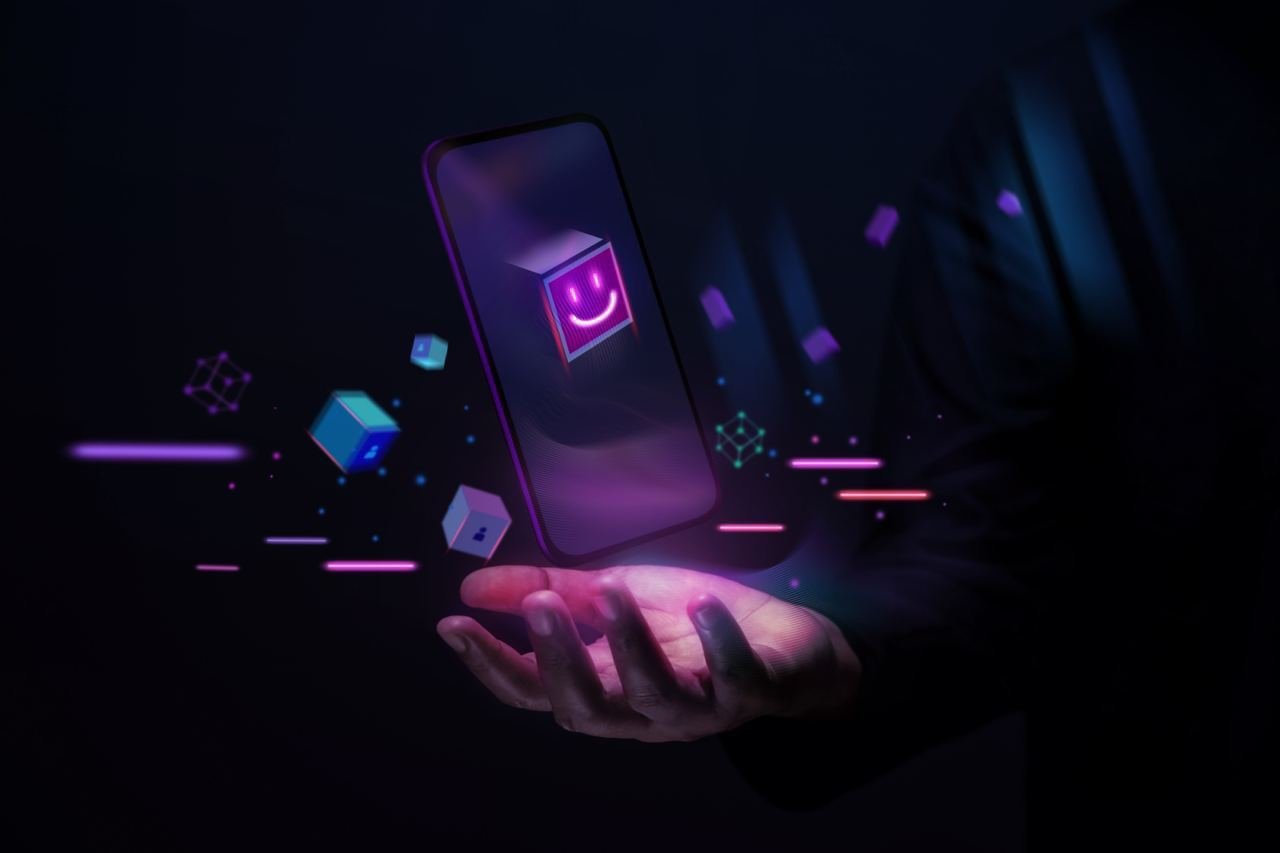By Terry Ashton, updated February 10, 2025
The gaming industry is undergoing a transformation, driven by the rise of blockchain technology. Blockchain revolutionizes the gaming industry as it enters the sector. It reshapes game development, how players interact with games, and how they exchange value in virtual environments. Blockchain offers new ways for players to experience games. In doing so, it creates a new era in the digital economy.
Blockchain’s Role in Gaming: Redefining Ownership
For years, players enjoyed the entertainment and immersion of video games. However, one limitation remained: in-game assets were never truly owned by the players. Traditionally, developers and publishers controlled virtual items, leaving players with no control over their acquired assets. These items were also limited to a particular game or platform. Blockchain revolutionizes the gaming industry by bringing digital ownership to the forefront. It gives players full control over their virtual assets.
Blockchain technology in gaming allows for true digital asset ownership. By using decentralized networks, blockchain enables players to own and control in-game items like skins, characters, and currency. These are now assets players can buy, sell, and trade outside the game. This opens new opportunities for interaction and monetization.
Play-to-Earn: Earning Real Value Through Gaming
One of the most groundbreaking aspects of blockchain in gaming is the introduction of the Play-to-Earn model. Instead of simply spending money to buy in-game items, players can now earn rewards by participating in the game. These rewards typically come in the form of cryptocurrency or NFTs (Non-Fungible Tokens), which hold tangible value outside of the game environment.
The Play-to-Earn system allows players to profit from their time and effort spent in the game. This system incentivizes players to be more engaged and active within the game world, as they can sell or trade their rewards for real-world value. This opens up an entirely new revenue stream for gamers, with some players even able to make a full-time income from their participation in blockchain-based games.
How Smart Contracts Enhance Gaming Security
Blockchain’s integration of smart contracts takes gaming to another level by automating and securing transactions. Smart contracts are self-executing programs that directly write the terms of an agreement into code. These contracts automatically execute when certain conditions are met. They remove the need for third-party intermediaries, speed up transactions, and increase transparency.
In gaming, smart contracts are essential for ensuring the secure exchange of digital assets between players. Whether a player is buying a rare item, trading a collectible, or transferring in-game currency, smart contracts ensure that these transactions are completed fairly and without dispute. This security creates a trusted environment for players to engage with each other, making blockchain-based games more reliable and user-friendly.
Web3: Empowering Gamers with Decentralized Innovation
Web3 represents the next phase of the internet, closely tied to the blockchain revolution. In Web3, decentralized applications (dApps) replace traditional, centralized systems. This gives users more control over their data and digital interactions. In Web3 gaming, players are not just participants—they also contribute to the game’s development and governance. Web3 gaming innovation gives players more control and freedom.
Through Decentralized Autonomous Organizations (DAOs), players shape how the game evolves, what features developers add, and how the in-game economy operates. This decentralized approach boosts collaboration between players and developers, prioritizing the gaming community’s interests. Web3 fosters a more inclusive, player-driven experience and changes the relationship between developers and players.
A New Era of Digital Economy in Gaming
The inclusion of blockchain in gaming is more than a trend—it’s part of a shift to a new digital economy. Digital assets ownership, Play-to-Earn models, and smart contract integration are empowering players. These features give players the chance to engage in the economic side of gaming. Now, they can earn, trade, and govern their experiences.
Blockchain technology continues to evolve, bringing more opportunities for innovation in gaming. Blockchain revolutionizes the gaming industry by enhancing gameplay and making it a key part of the global digital economy. As blockchain and Web3 technologies grow, a new age for the gaming industry is emerging. Players have power, the economy decentralizes, and the future holds endless possibilities.
